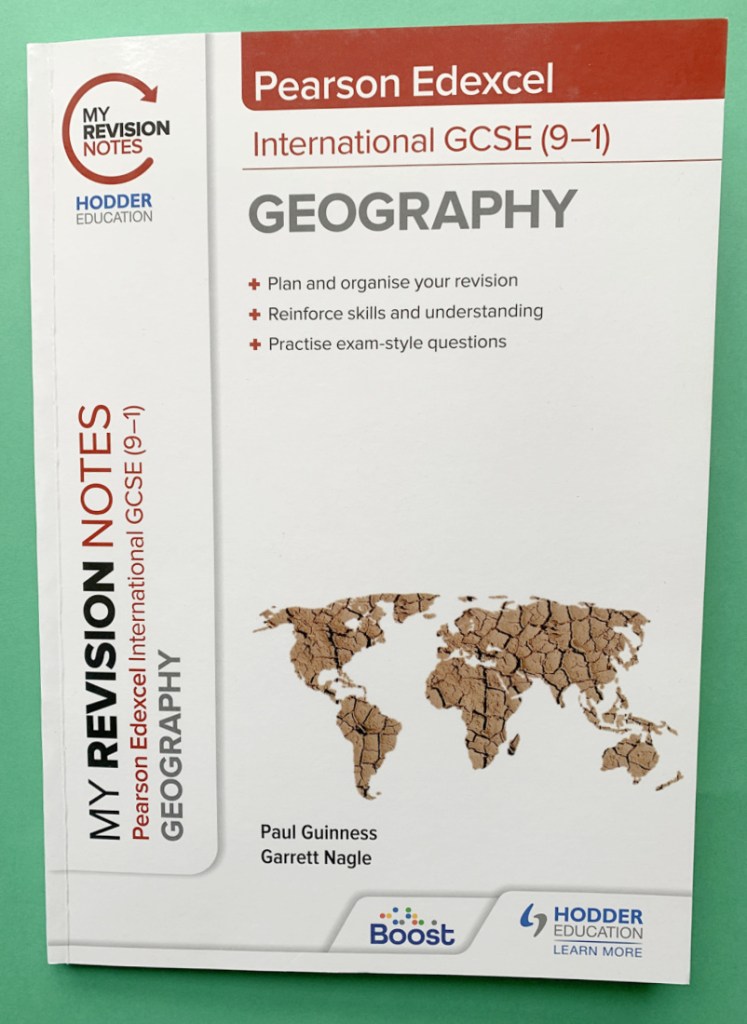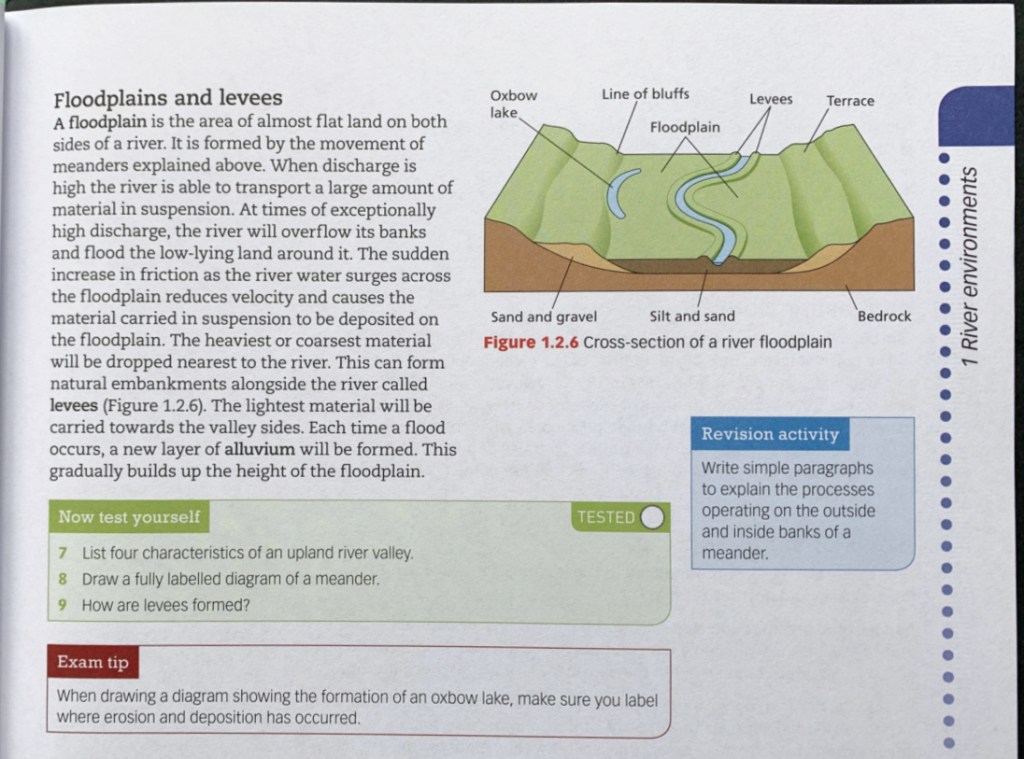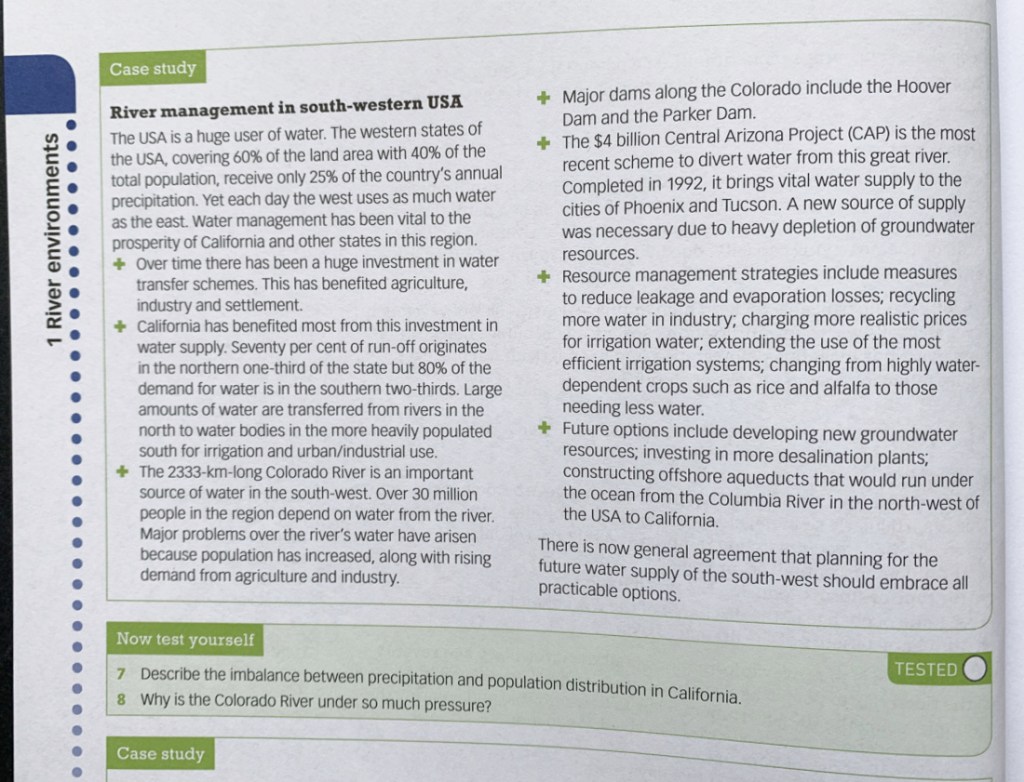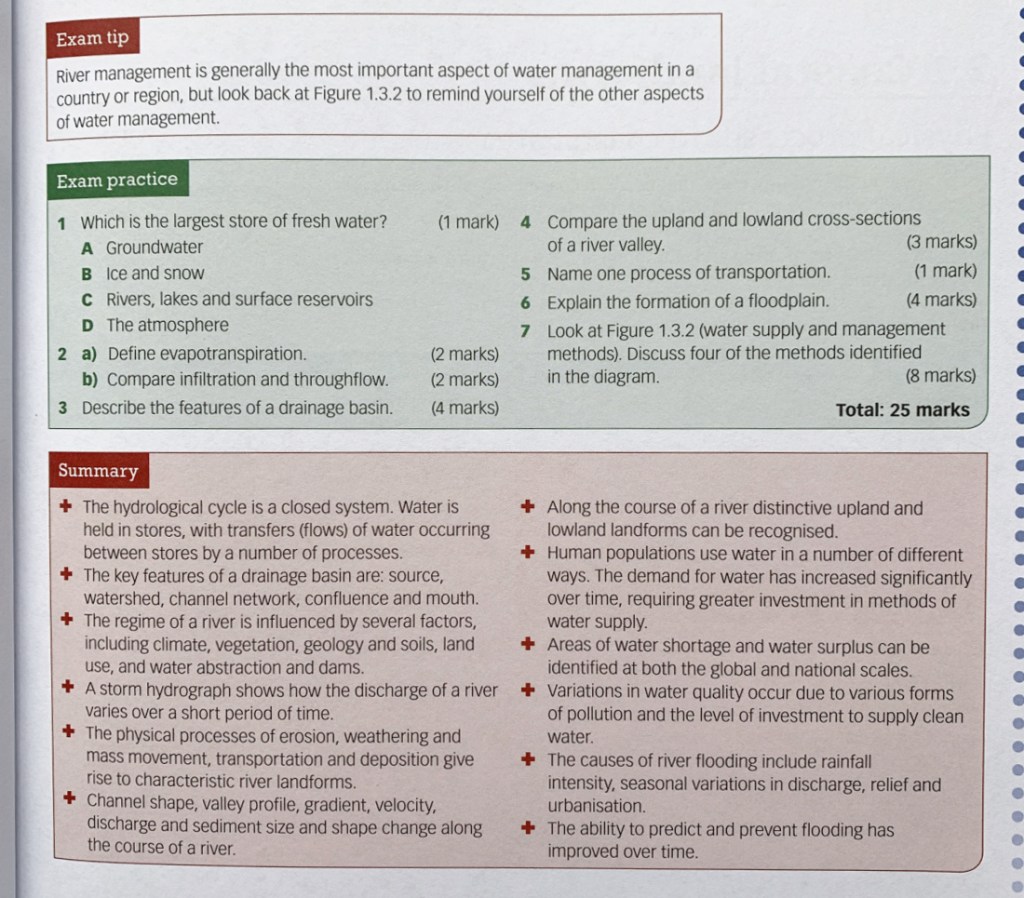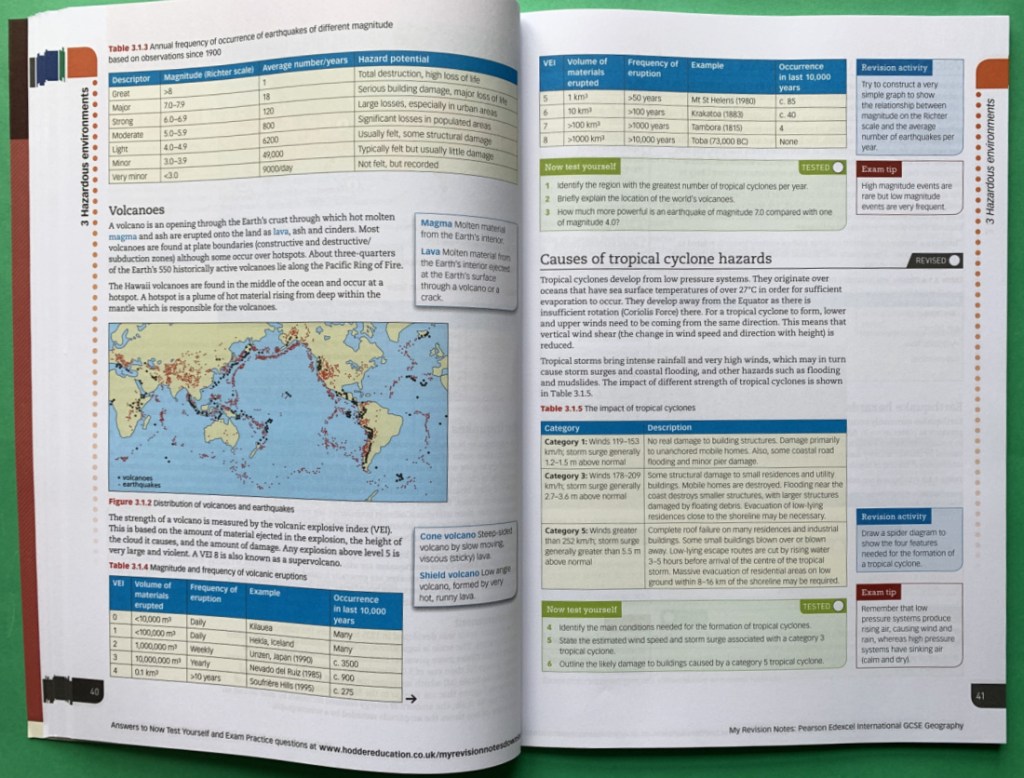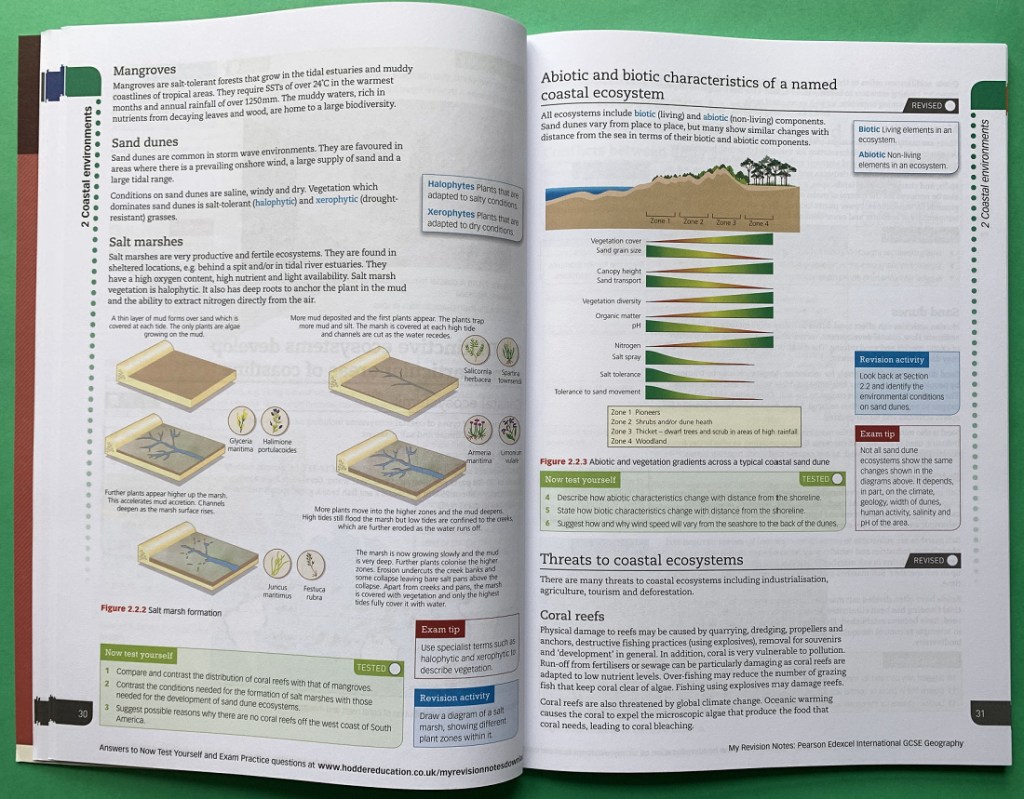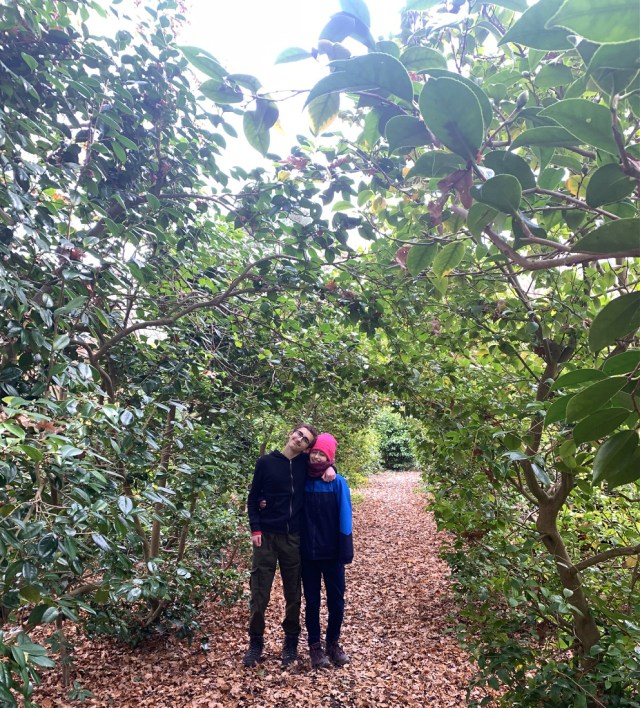I know a lot of us (including my family) have neurodivergent members and in many cases it is part of the reason that many of us (again including my family) have chosen to home educate. So when I was asked if I would share these thoughts and comments on the ADHD and Autism review I agreed. This is a paid for post and these are not my words but I think it does make for interesting reading.
The ADHD and Autism Review Is An Assessment of Care, Not Credibility
By Megan Swanson, Medical Director at RTN Mental Health
In recent weeks, we have spoken to a number of patients and parents asking broad variations of the same question, often with a sense of unease: should I be worried about the government’s review of ADHD and autism services?
Their concern is understandable – recent headlines about rising diagnosis rates, pressures on the NHS, reviews of neurodevelopmental services and increased scrutiny of disability benefits can easily be interpreted as a challenge to the legitimacy of ADHD, autism and indeed other medical diagnoses.
For people who have waited years for answers and access to support, or who finally understand themselves through diagnosis, these headlines may be unsettling. Some have described concern that those who have received disability diagnoses within the timeframe of the review may now be viewed with suspicion.
This concern appears particularly pronounced among those diagnosed during the COVID-19 pandemic. Within the first year alone, the world saw a 25% increase in prevalence of anxiety and depression, during a period characterised by extended isolation, disrupted routines, and reduced social interactions. The conditions under which people lived during lockdown were far removed from typical developmental, educational and occupational contexts. Given this, it is perhaps unsurprising that some worry that diagnoses made during and after the pandemic may now be viewed differently, even when there is no clinical basis for doing so.
Reassuringly, while concerns are genuine and understandable, they do not quite align with the purpose of the review. To be clear, what the UK is reviewing is not neurodivergence itself, nor the validity of diagnosis. It is reviewing a system that is struggling to meet demand.
In December 2025, the Department of Health and Social Care announced an independent review into ADHD, autism, and wider mental health conditions. Its remit includes rising demand, access to care, inequalities in provision, and whether current pathways are delivering appropriate outcomes. This work sits alongside ongoing NHS England work responding to the findings of the ADHD Taskforce, which reported in November 2025 on fragmented, inconsistent, and overstretched ADHD services. At the same time, NHS Digital data and parliamentary committees have repeatedly highlighted long waiting lists and significant regional variation in access to assessment and support.
Importantly, none of this involves rewriting diagnostic criteria or reassessing existing diagnoses. ADHD and autism continue to be diagnosed using internationally recognised clinical frameworks such as DSM-5 and ICD-11, as reflected in NICE guidance and embedded across the NHS. There is currently no policy proposal to reassess or invalidate diagnoses made during or after the pandemic.
However, this distinction has not always been clearly communicated. In the absence of clarity, uncertainty tends to fill the gap, a phenomenon that can be particularly distressing for neurodivergent individuals, for whom ambiguity may be especially difficult to manage.
Some of this uncertainty is driven by the very visible rise in referrals and diagnosis. Among the many theories as to why ADHD and autism diagnoses and referrals have increased in recent years, some focus on overdiagnosis, while others point to social media and the rise of “self-diagnostic” content, cultural “trends”, or post-pandemic shifts in behaviour. While such explanations are frequently repeated, current evidence does not support the notion that these factors alone account for the scale of increased demand. From a clinical perspective, a more robust explanation is that longstanding unmet need is not being identified.
Compared with ten or twenty years ago, awareness of neurodevelopmental differences among teachers, parents, and primary care professionals has improved substantially. This has understandably led to more referrals. While this increases the number of children with access to a diagnosis, it also means that adults, particularly those now in their 30s and beyond, who were “missed” as children due to a lack of understanding are now able to seek answers later in life.
At the same time, diagnostic pathways that were initially designed for a far smaller cohort are now expected to support vastly greater numbers. As mentioned, data shows that hundreds of thousands of people in England alone are currently waiting for autism or ADHD assessment, often for several years, and NHS England has openly acknowledged that the existing services were not designed to accommodate this level of demand.
A system under sustained pressure invites review. That does not mean the conditions themselves are suddenly in doubt.
Where the real fault lines emerge is not at the point of diagnosis, but in what happens next. In ADHD care in particular, there are well-documented bottlenecks around medication titration, inconsistent shared care arrangements between NHS and private providers, and considerable regional variation driven by local commissioning decisions. Recent reporting has shown Integrated Care Boards clarifying that shared care is not automatic, leaving some patients uncertain about who holds responsibility for ongoing prescribing and monitoring. For individuals who have already experienced prolonged waits, this lack of clarity can be profoundly destabilising.
For autism, the challenge often presents differently. Delays in assessment are frequently compounded by limited post-diagnostic support, meaning families may receive a diagnosis without clear guidance on what practical adjustments, interventions, or resources should follow. These are operational and structural failures, not evidence that ADHD or autism have been mischaracterised or over-medicalised.
One risk in the current public conversation is that a systems problem becomes reframed as a legitimacy debate. As services have struggled to keep pace, scrutiny has increasingly focused on cost, prescribing rates, and the role of private provision. In some commentary, this has drifted into suggestions that ADHD is being overdiagnosed, or driven by commercial incentives rather than clinical need.
It is important to be clear here. At this time, there is no evidence that clinicians are broadly diagnosing or prescribing out of convenience or disregard for clinical standards. What the evidence does point to is a fragmented system in which private provision has expanded rapidly to fill NHS gaps, sometimes faster than regulatory and commissioning frameworks have adapted. That is a question of governance, oversight, and service design, not a failure of diagnostic science.
An additional layer shaping anxiety around diagnosis sits outside healthcare entirely. Wider public debate around disability benefits and employment has intensified in recent years. The number of working-age people receiving health-related or disability benefits has risen significantly, with projections suggesting continued growth. At the same time, phrases such as “if you can work, you should work” have become more prominent in policy discussions about welfare reform and labour market participation.
These debates are not about ADHD or autism specifically, and they are separate from the clinical review of diagnostic pathways. Even so, they form part of the backdrop against which people interpret headlines about rising disability diagnoses. For individuals navigating assessment or living with a diagnosis, it can feel as though questions about work, benefits, and public spending are quietly bleeding into doubts about legitimacy, even when the clinical evidence base remains unchanged.
In my clinical work, I have seen the consequences of delayed and fragmented care daily: heightened anxiety, burnout, educational breakdown, relationship strain, and a gradual erosion of trust in healthcare systems. Early, accurate diagnosis does not create these problems; it helps people understand them and begin addressing them.
That is why quality matters. High-standard assessments, aligned with NICE guidance, conducted by appropriately qualified clinicians, and supported by robust post-diagnostic planning are central to addressing the pressures that prompted the review.
For those waiting for assessment, those already diagnosed, and those supporting them, several points worth holding onto. There is no proposal to invalidate diagnoses. The current review concerns access and delivery, not identity, and your diagnosis of ADHD and autism remains clinically recognised and evidence-based. That said, access to assessment, treatment, and post-diagnostic support may continue to vary in the short term depending on local service capacity.
Continuity of care matters just as much as speed. Asking informed questions about pathways, prescribing, follow-up, and support can make a meaningful difference, particularly when navigating the interface between NHS and private services. Policy reviews take time, and when change does occur, it almost always targets service models rather than clinical definitions.
The growing conversation around ADHD and autism reflects something important: people are finally speaking openly about neurodevelopmental differences, mental health, and support needs. That conversation requires nuance. If we respond to stretched services by questioning diagnoses rather than strengthening pathways, we risk silencing individuals who have waited far too long to be understood.
